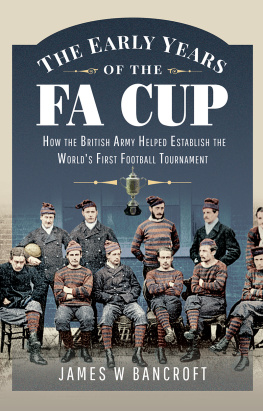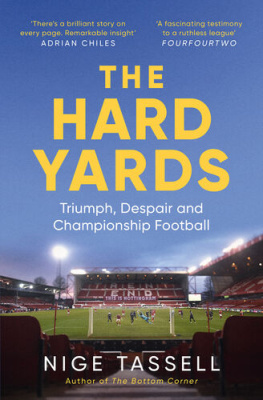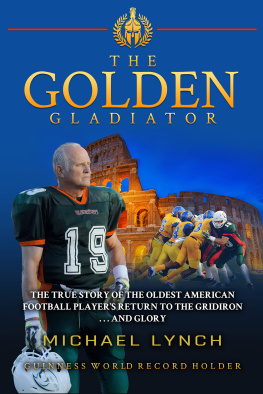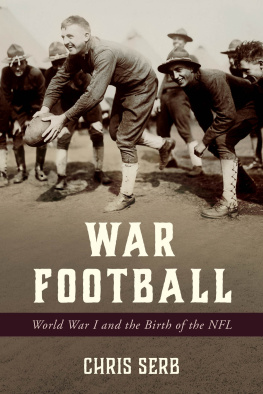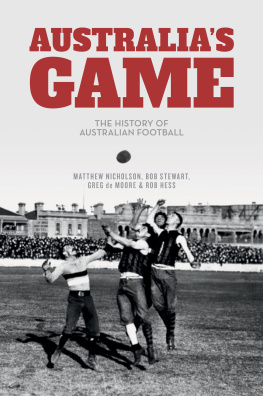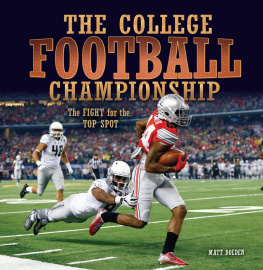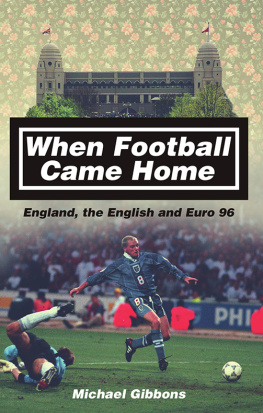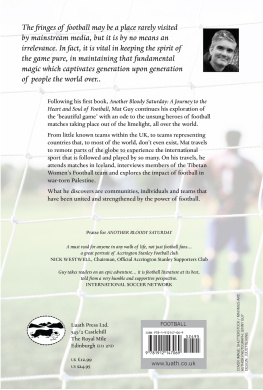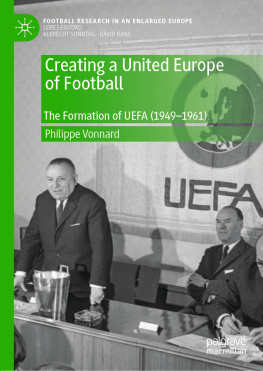James W. Bancroft - The Early Years of the FA Cup: How the British Army Helped Establish the Worlds First Football Tournament
Here you can read online James W. Bancroft - The Early Years of the FA Cup: How the British Army Helped Establish the Worlds First Football Tournament full text of the book (entire story) in english for free. Download pdf and epub, get meaning, cover and reviews about this ebook. City: London, year: 2021, publisher: Frontline Books, genre: History. Description of the work, (preface) as well as reviews are available. Best literature library LitArk.com created for fans of good reading and offers a wide selection of genres:
Romance novel
Science fiction
Adventure
Detective
Science
History
Home and family
Prose
Art
Politics
Computer
Non-fiction
Religion
Business
Children
Humor
Choose a favorite category and find really read worthwhile books. Enjoy immersion in the world of imagination, feel the emotions of the characters or learn something new for yourself, make an fascinating discovery.
- Book:The Early Years of the FA Cup: How the British Army Helped Establish the Worlds First Football Tournament
- Author:
- Publisher:Frontline Books
- Genre:
- Year:2021
- City:London
- Rating:3 / 5
- Favourites:Add to favourites
- Your mark:
The Early Years of the FA Cup: How the British Army Helped Establish the Worlds First Football Tournament: summary, description and annotation
We offer to read an annotation, description, summary or preface (depends on what the author of the book "The Early Years of the FA Cup: How the British Army Helped Establish the Worlds First Football Tournament" wrote himself). If you haven't found the necessary information about the book — write in the comments, we will try to find it.
During the first decade of the competition three teams associated with the military, Royal Engineers, 1st Surrey Rifles and 105th Regiment, were involved in 74 matches. They won more than half of them and scored 154 goals. The Army also produced one of the most respected administrators in the history of football, in the form of Major Francis Marindin, who was involved in the founding of the FA Cup, played in two finals, and refereed a further nine.
Military men and units provided a number of firsts in the early years of football. The Royal Engineers played in the first ever FA Cup final; Lieutenant James Prinsep of the Essex Regiment was the youngest footballer to appear in an FA Cup final until 2004, although he remains the youngest to complete a full match; Lieutenant William Maynard of the 1st Surrey Rifles played for England in the first ever official international match against Scotland; Captain William Kenyon-Slaney of the Grenadier Guards scored the first ever goal in an official international match, while playing for England; and Lieutenant Henry Renny-Tailyour of the Royal Engineers scored the first ever goal for Scotland in the same match.
At a time when there has been talk of a financially-motivated breakaway European Super League, James gives the reader the opportunity to look back at a time when football was played for the game itself. Using his vast knowledge concerning Victorian football and military history, The Early Years of the FA Cup explores the fascinating history of the Armys involvement in the early years of the worlds most popular sport. With detailed descriptions of the finals and other matches involving the military teams during footballs heyday, this book, for the first time, then follows the men as they went on campaigns to build roads and bridges in hostile territory, provide maps for commanders in famous conflicts such as The Zulu War, Afghanistan, the Sudan, and the Boer Wars, and saw active service on the Western Front during the First World War. In some cases they never returned.
Often great footballers are referred to as heroes in the case of the men who played for the Army teams in the early FA Cup competitions, such an epithet is genuinely true.
James W. Bancroft: author's other books
Who wrote The Early Years of the FA Cup: How the British Army Helped Establish the Worlds First Football Tournament? Find out the surname, the name of the author of the book and a list of all author's works by series.

